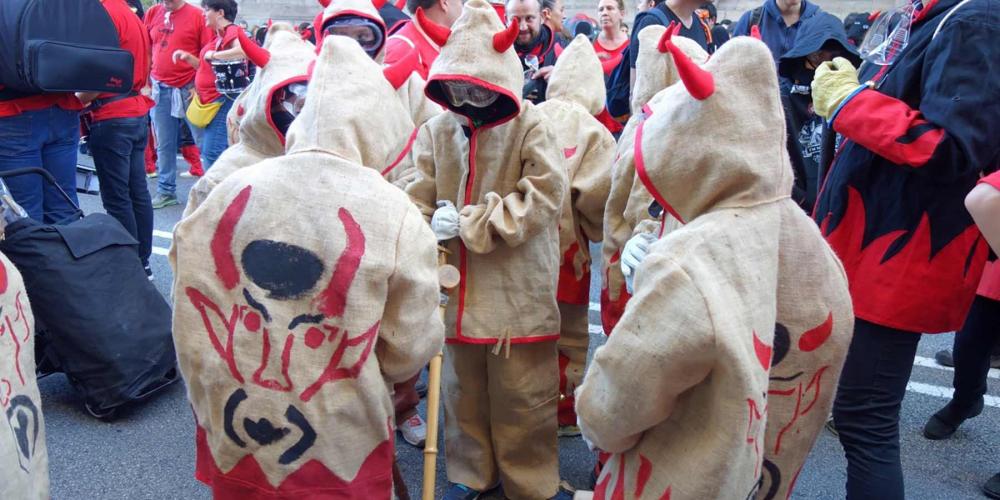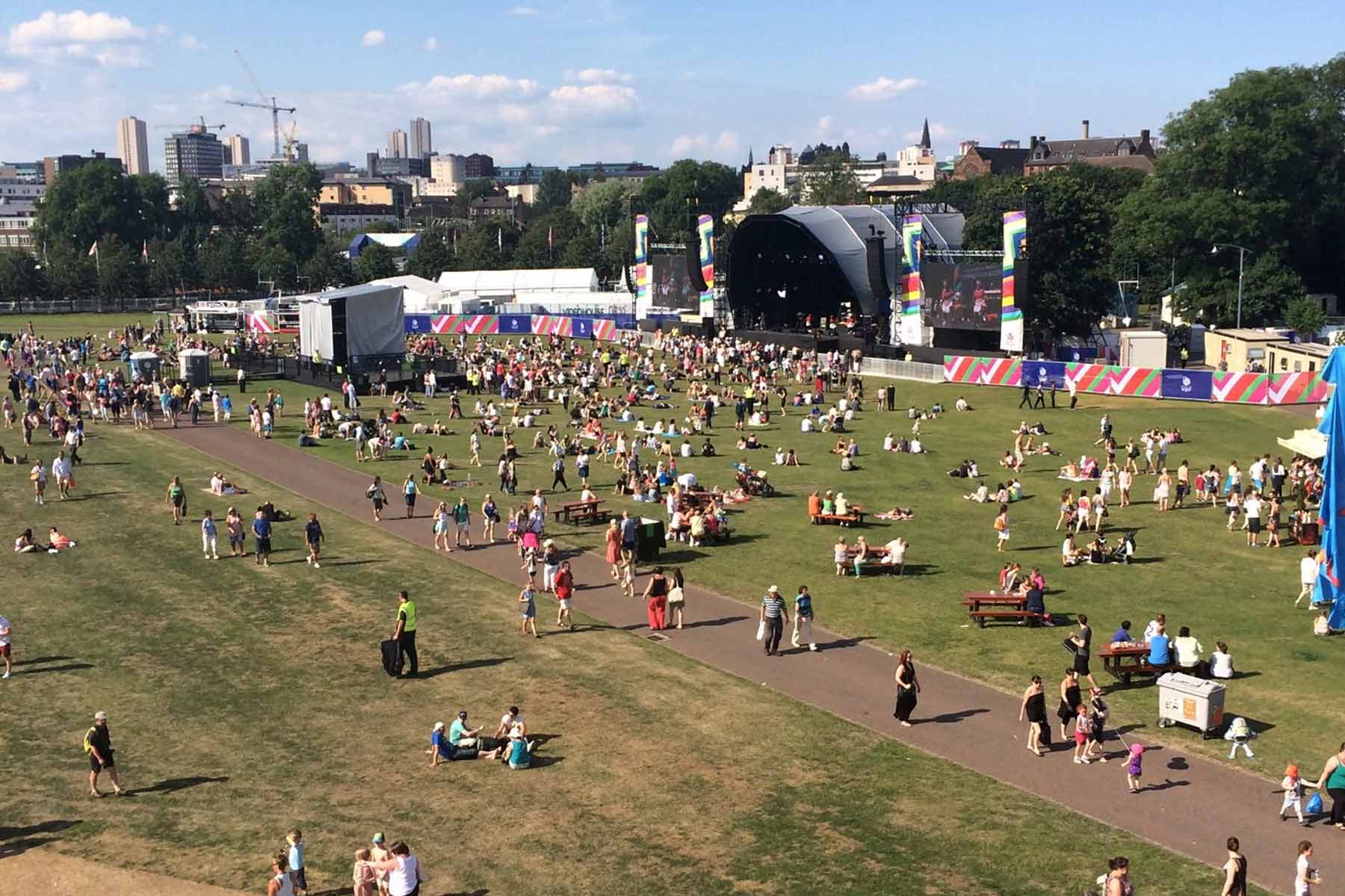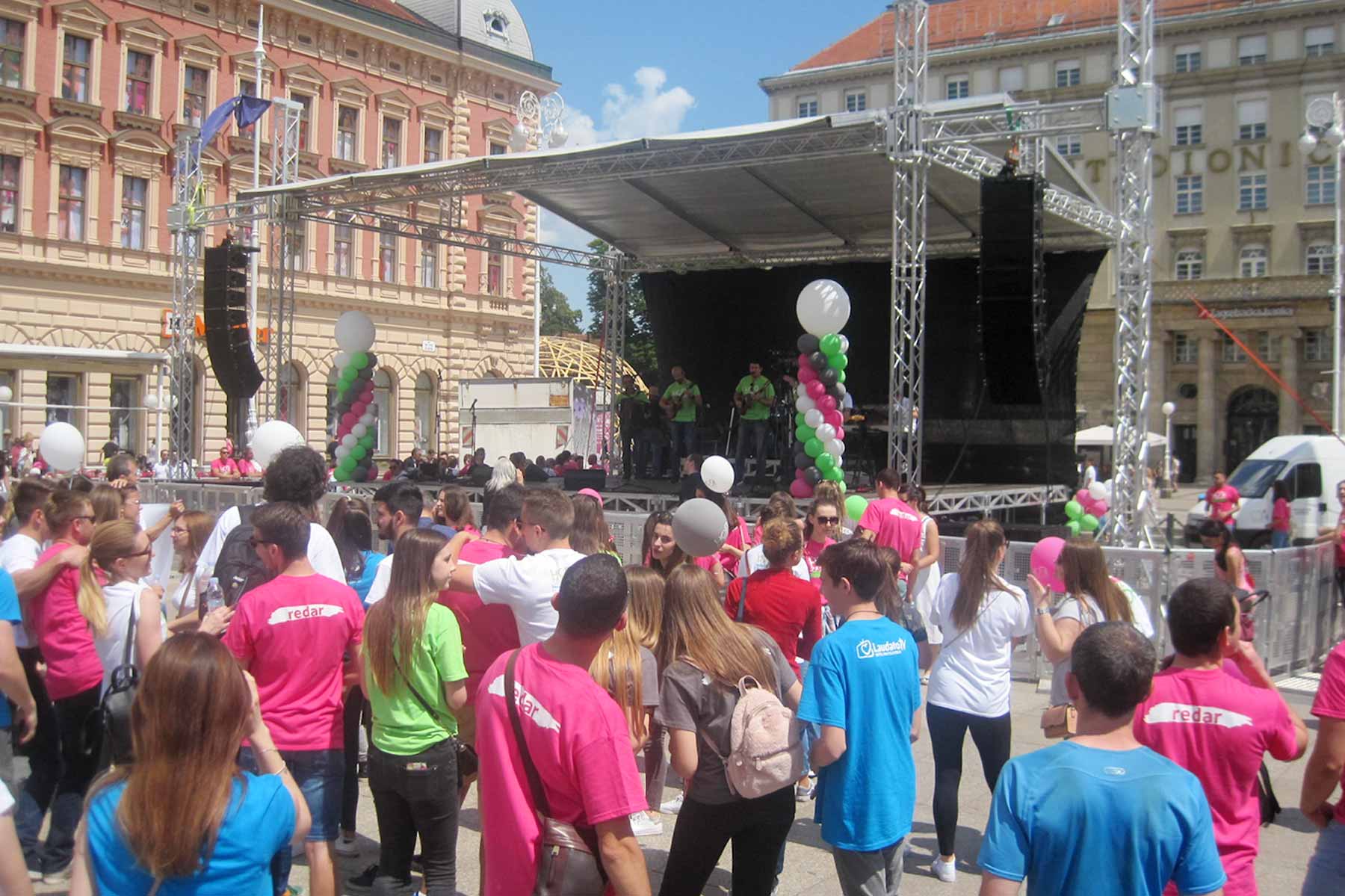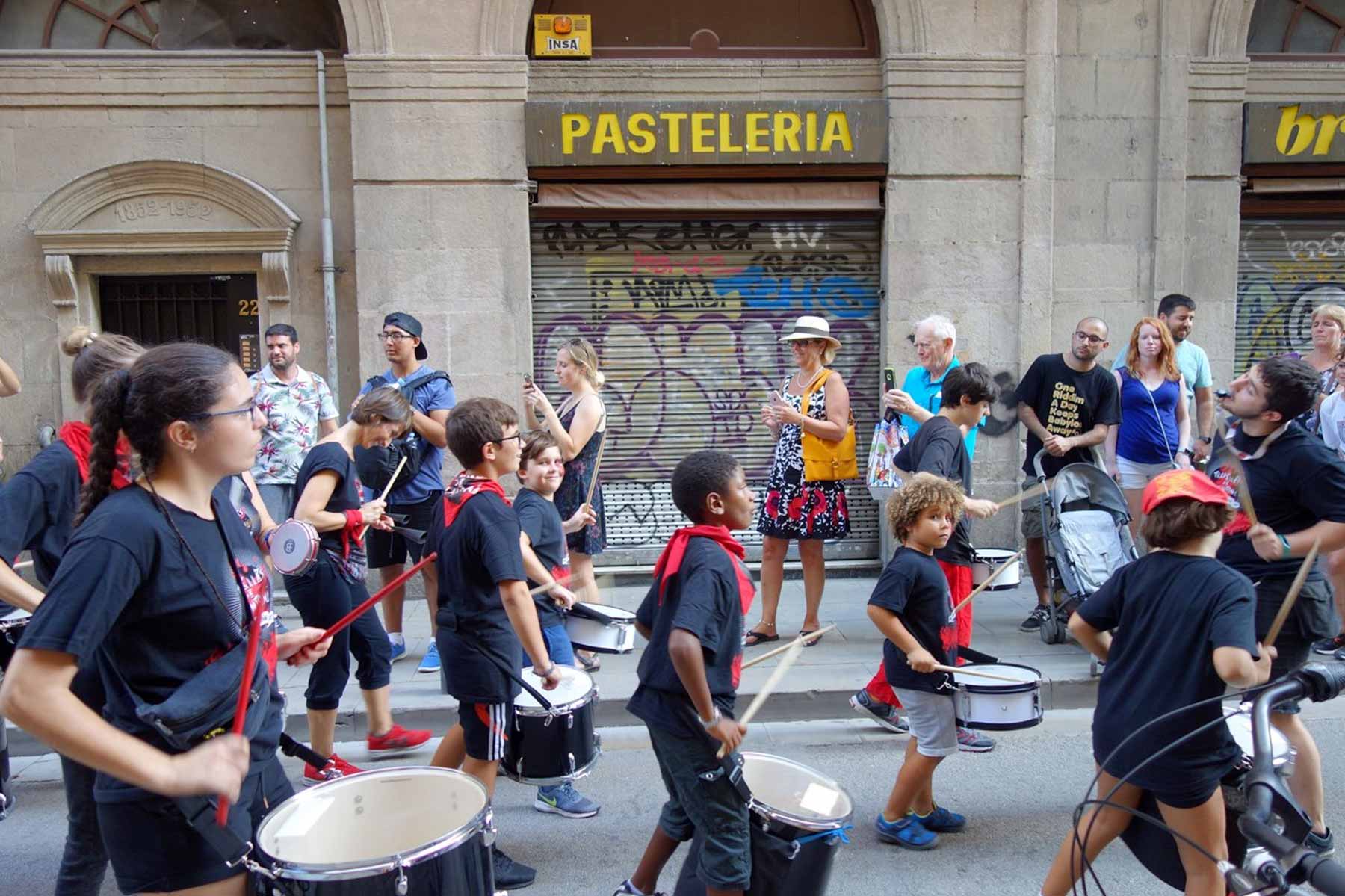
Festivals, events and inclusive urban public spaces in Europe
There is a long tradition of hosting festivals and events in urban public spaces, and in recent years the number of events staged in European cities has grown. Cities across Europe are using festivals and events to achieve place marketing and economic development objectives, but also to encourage cultural engagement and social cohesion.
Festivals and events staged in urban public spaces take various forms; there are many free cultural festivals and sport events hosted in street settings, but more commercially oriented events are increasingly staged in plazas and parks too. Festivals and events are, by definition, time-limited phenomena but they can have enduring effects on the people and places involved. They may affect who uses public spaces and how they are used, both in the short and longer terms. In the contemporary era, festivals and events offer opportunities for urban public spaces to be reimagined as more welcoming and more diverse spaces encouraging different behaviours and producing the inter-subjectivity that can foster the integration of migrants and other socially excluded people. However, there is also a risk that festivals and events represent merely a superficial ‘quick fix’ to social problems or worse – they might exacerbate social and economic exclusion. In their planning, and in their realisation and legacies, festivals and events include and exclude people and they allow (and restrict) the celebration of certain identities. They have the power to disrupt the fixed nature of public space and to change the dynamics of spaces. Like the spaces they inhabit, urban festivals and events are contested – with different interests competing to secure their own objectives.
Prof. D. McGillivray
Project Leader
University of the West of Scotland
United Kingdom
The FESTSPACE project focuses on how festivals and events enable or restrict access to, and use of, public spaces, including the extent to which they might effectively host interactions and exchanges between people from different cultural, ethnic, socio-economic and socio-demographic backgrounds. We are interested in how the design and operation of urban festivals and events might help to dismantle existing divisions. However, we acknowledge that festivals and events have the potential to symbolically, financially and physically exclude marginal populations from conventional public spaces, hence making spaces less public or less diverse. This provides even more justification for a study that seeks to establish if and how festivals and events affect the inclusivity of urban public spaces. There is the potential for cities to go beyond multi-culturalism towards inter-culturalism by harnessing the “the dialogue and exchange between people of different cultural backgrounds to facilitate the transformation of public space, civic culture and institutions”. Therefore, FESTSPACE will also examine the extent to which diversity is embedded in the conception, organisation and delivery of festivals and events and the wider effects of this involvement.
Festspace reflections on festivals, events and public space during COVID-19
Project Partners
Prof. D. McGillivray
Project Leader
University of the West of Scotland
United Kingdom
Andrew Smith
University of Westminster
United Kingdom
Bernadette Quinn
Dublin Institute of Technology
Ireland
Kristina Nilsson Lindstrom
University of Gothenburg
Sweden
Alba Colombo
Universitat Oberta de Catalunya
Spain


